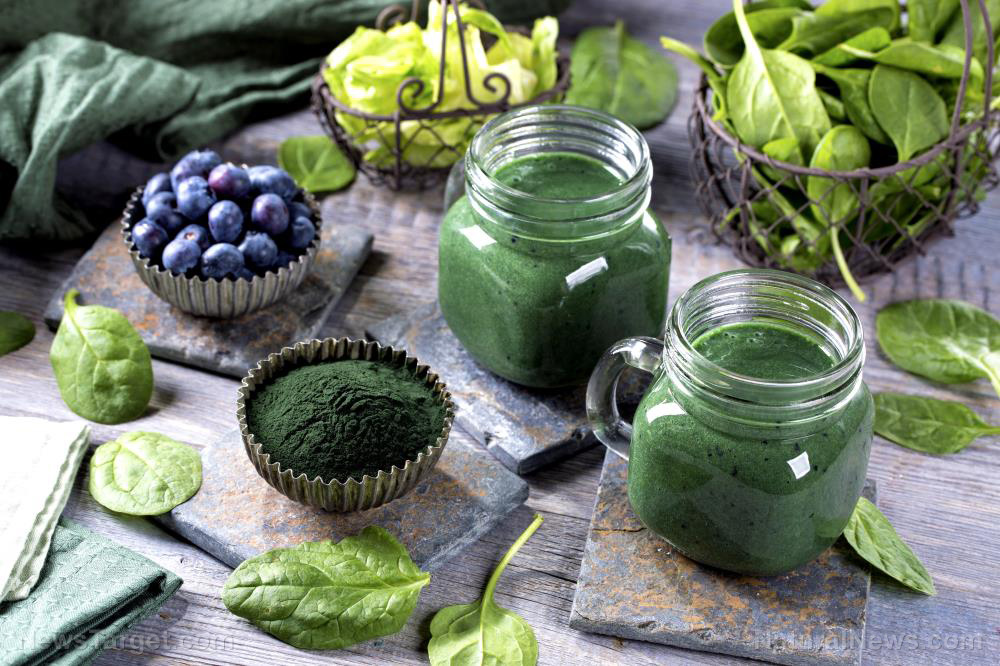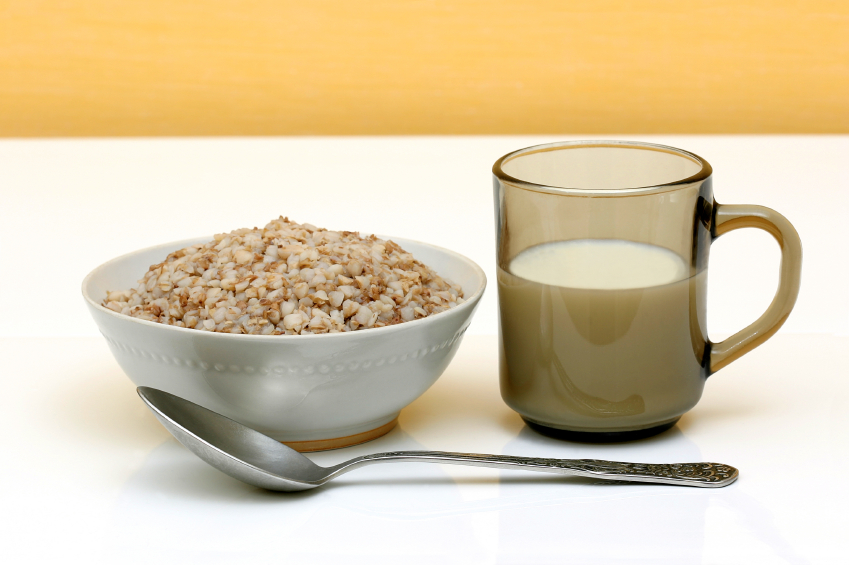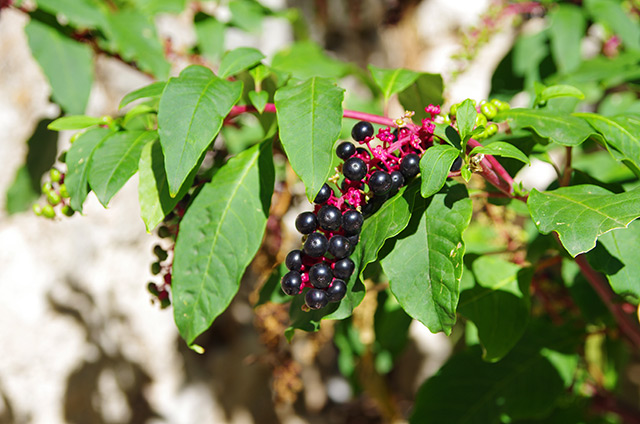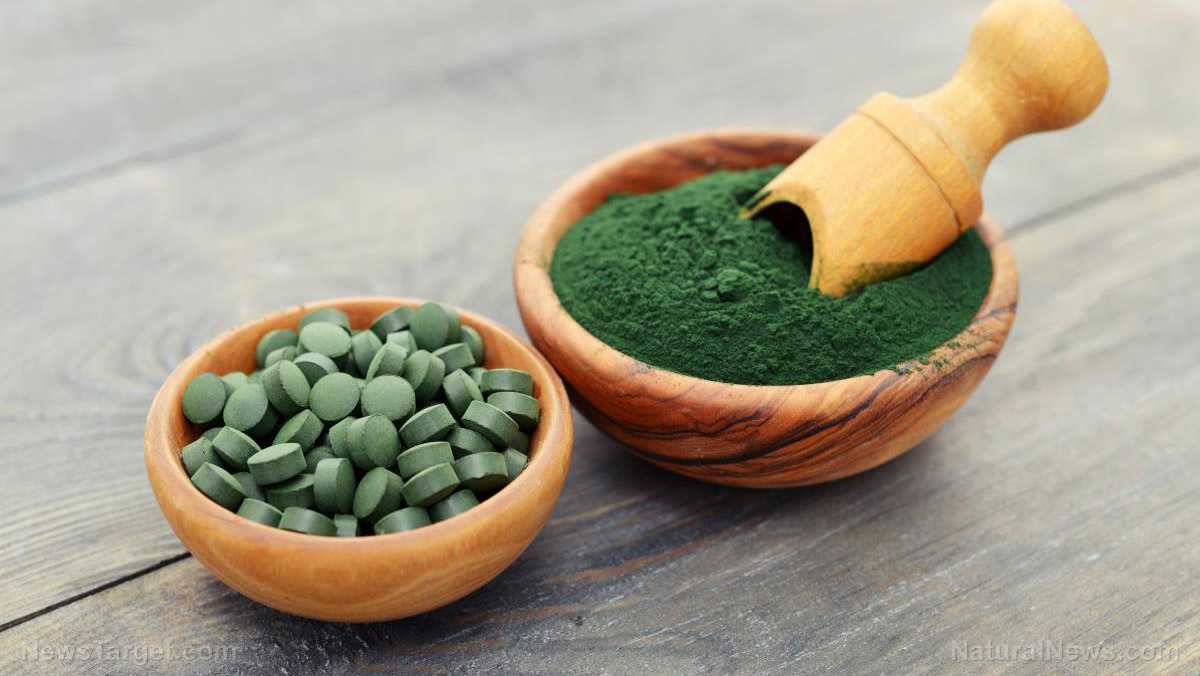Want to avoid the flu? Don’t rush when washing your hands – minimum 20 seconds are needed to kill germs
02/14/2018 / By Edsel Cook

Our hands are much dirtier than we think, warned a Daily Mail article that urged everyone to regularly and thoroughly wash their hands for a minimum of 20 seconds as the best safeguard against the flu.
The warning was prompted by this year’s ongoing flu season, which has already claimed the lives of 53 children. Health officials urged everyone to thoroughly wash their hands in order to reduce the risks of contracting the deadly H3N2 strain of influenza virus.
A team of Daily Mail investigators decided to find out just how effective hand-washing is at stopping germs. They acquired Glo Germ lotion that would reveal any microorganisms when exposed to ultraviolet light. After applying the lotion on their hands, they touched everyday objects like coffee cups, keyboards and other hands.
In their controlled experiment, the investigators quickly discovered that skimping on hand-washing allowed microorganisms to quickly grow and spread unchecked across their hands and whatever they touched. Holding a coffee cup for less than a minute, for example, resulted in a noticeable amount of bacteria transferring over to the container.
A five-second hand-washing session (with soap, of course) removed the amount of bacteria on their hands. But plenty of germs continued to cling to the areas in between their fingers, at the base of their palms and underneath their fingernails. The bacteria also clung to the rings they wore on their fingers, which is something to remember for those who like to don jewelry on their digits.
The application of hand sanitizer proved to be more effective at reducing the amount of germs on their hands. (The Daily Mail team did not identify the particular type of hand sanitizer they used, but the Centers for Disease Control and Prevention (CDC) recommends alcohol-based sanitizers with at least 60 percent alcohol content.) Researchers confirmed that the thorough 20-second hand-washing (singing two rounds of the “Happy Birthday” song as you wash is a convenient way to time yourself without resorting to a watch) eliminated the most number of germs from their hands.
100% organic essential oil sets now available for your home and personal care, including Rosemary, Oregano, Eucalyptus, Tea Tree, Clary Sage and more, all 100% organic and laboratory tested for safety. A multitude of uses, from stress reduction to topical first aid. See the complete listing here, and help support this news site.
The results of the Daily Mail experiment confirmed the simple but profound advice of spokespersons from the CDC.
“Hand-washing is one of the best ways to protect yourself and your family from getting sick,” stated the CDC. “Clean hands can stop germs from spreading from one person to another and throughout an entire community—from your home and workplace to childcare facilities and hospitals.”
Despite this timeless advice, a 2015 study warned that 62 percent of men and 40 percent of women confessed to skimping out on washing their hands after paying a visit to the bathroom.
That’s not a wise practice. The H3N2 flu virus is well on its way to cementing a bleak reputation as one of the worst strains of flu in modern memory. Hospitals are handling a historically high number of H3N2 victims and more than fifty American children have already perished from this virulent strain of flu.
To make things worse, not all victims experience the symptoms expected of flu, such as cough, chills, exhaustion, fever, aching muscles, and runny noses. Infected persons might be unwittingly serving as vectors for the virus. And according to researchers at the University of Maryland, the H3N2 strain can also spread through the air.
Protect yourself this flu season
To counteract this quasi-epidemic, the CDC urged people to take proper precautions and nurture healthy habits to avoid the flu.
- Regularly wash your hands for at least 20 seconds with soap.
- Use hand sanitizer with at least 60 percent alcohol content.
- Cover your mouth when coughing or sneezing to minimize the spread of microorganisms.
Sources Include
Tagged Under: CDC, Flu, Flu Season, germs, hand sanitizer, handwashing, infectious disease, influenza, prevent the flu




















